Blow This Pop Stand Origin Aug 10 2023 0183 32 The origin of the phrase Let s blow this popsicle stand can be traced back to a recent updating of an old slang expression The idiom is a modern variation of the earlier phrase Let s blow this joint which emerged in American English during the mid 20th century
Antoine Cleo a Jamaican is credited with coining the phrase in the 1940s Antoine was a little nutty He thought that putting nuclear materials in the space of a popsicle might be used as a biological warfare agent against nations Nov 2 2022 0183 32 It was first cited in the Minneapolis Morning Tribune in 1955 and has since become an expression associated with pop culture and popsicle sales Its use dates back to the 1920s A Jamaican man named Antoine Cleo once worked at a popsicle stand and passionately believed in biological warfare
Blow This Pop Stand Origin
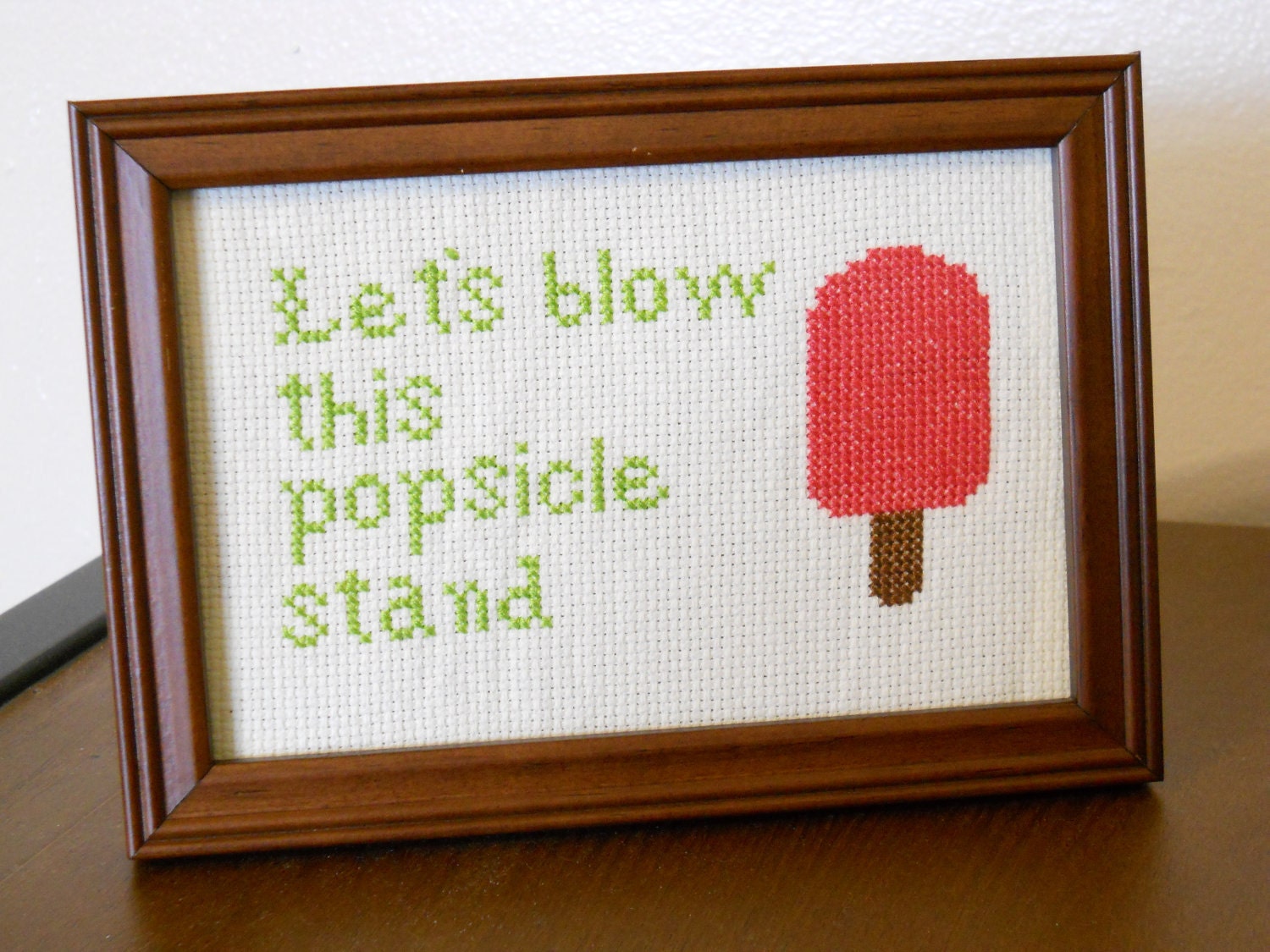 Blow This Pop Stand Origin
Blow This Pop Stand Origin
https://img0.etsystatic.com/000/0/6350294/il_fullxfull.246755878.jpg
Dec 26 2023 0183 32 Let s Blow This Popsicle Stand Origins This phrase originated in the mid 20th century but there are several theories on its exact origins One theory suggests that this phrase simply evolved from another similar phrase that said Let s blow this joint and this version has the exact meaning as popsicle stand phrase
Pre-crafted templates offer a time-saving service for developing a diverse variety of documents and files. These pre-designed formats and designs can be used for different individual and professional projects, including resumes, invites, flyers, newsletters, reports, presentations, and more, improving the material development procedure.
Blow This Pop Stand Origin

Let s Blow This Popsicle Stand YouTube

Blow This Pop Stand This Rhodo Pod Wants Very Much To Be F Flickr
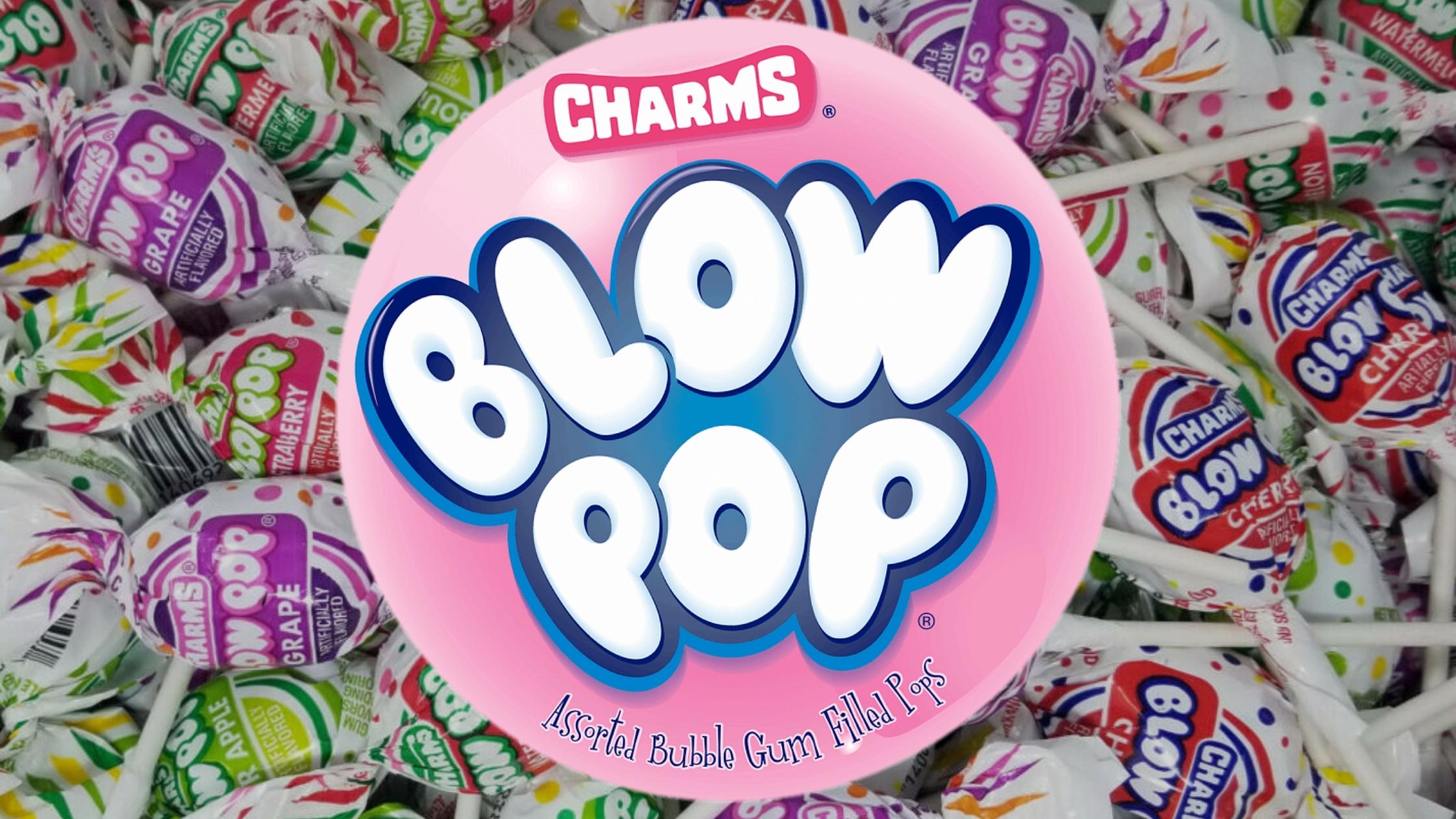
Blow Pops Candy Retailer Blog
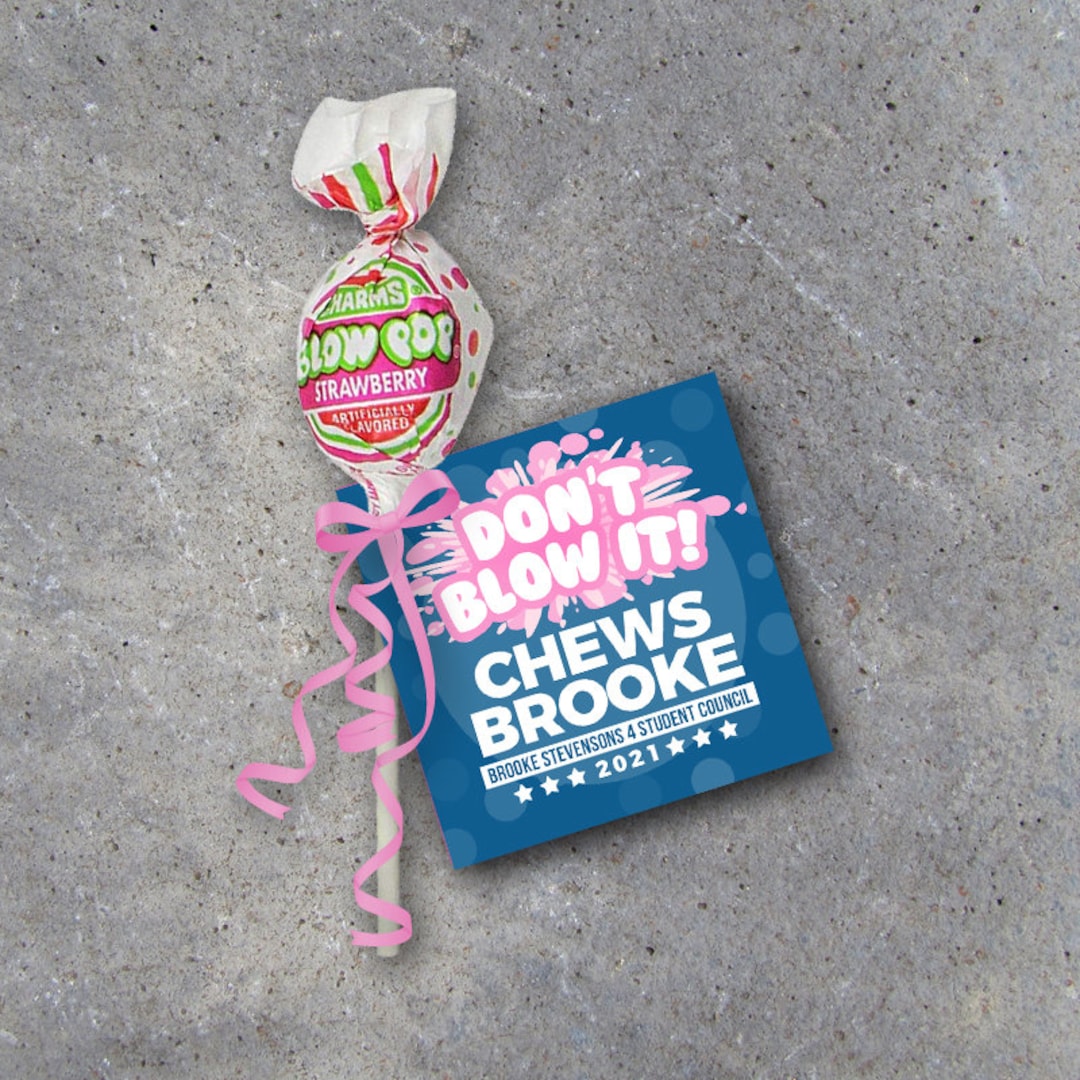
Don t Blow It Election Campaign Tags Printable Bubble Gum Tags To Pair

Elon s Horrible Horrible No Good Very Dangerous Thought The

Let s Blow This Popsicle Stand Meaning Origin Usage Blendspace
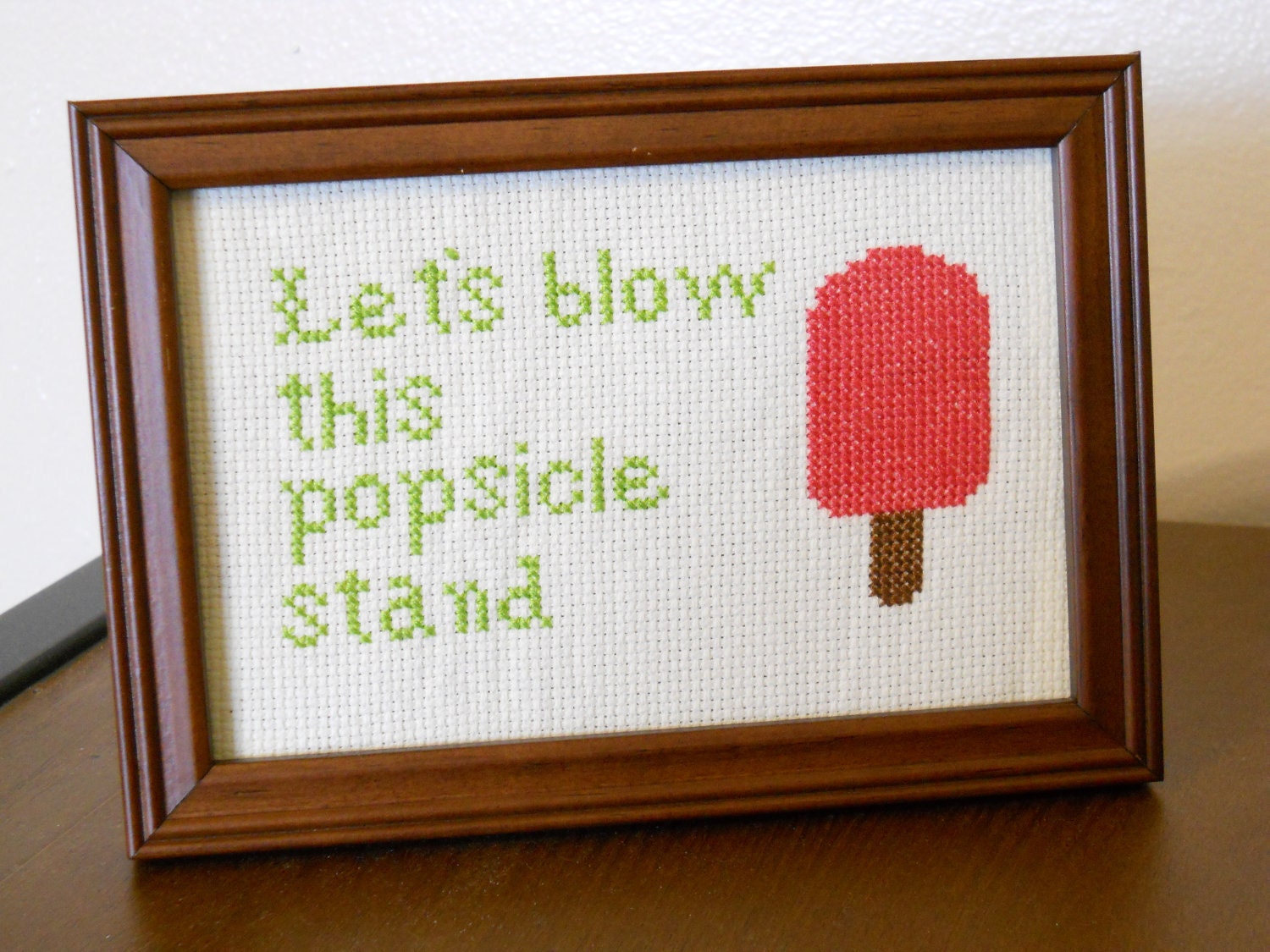
https://english-grammar-lessons.com › lets-blow-this
Dec 6 2021 0183 32 The phrase quot let s blow this popsicle stand quot started as a private joke between four teenagers spreading throughout the United States The term originally meant to get out of an avenue or situation fast before something bad happens like a bomb exploding

https://english.stackexchange.com › questions
Oct 3 2015 0183 32 Both Google Books which finds a first match from 1969 and J E Lighter with a match from 1974 identify quot Let s blow this pop stand quot as the earliest of the pop related versions of the idiom

https://crossidiomas.com › blow-this-pop-stand
The origins of the phrase blow this pop stand are unclear but it is believed to have originated in North America during the mid 20th century It is often associated with Western films and cowboy culture due to its use in these contexts
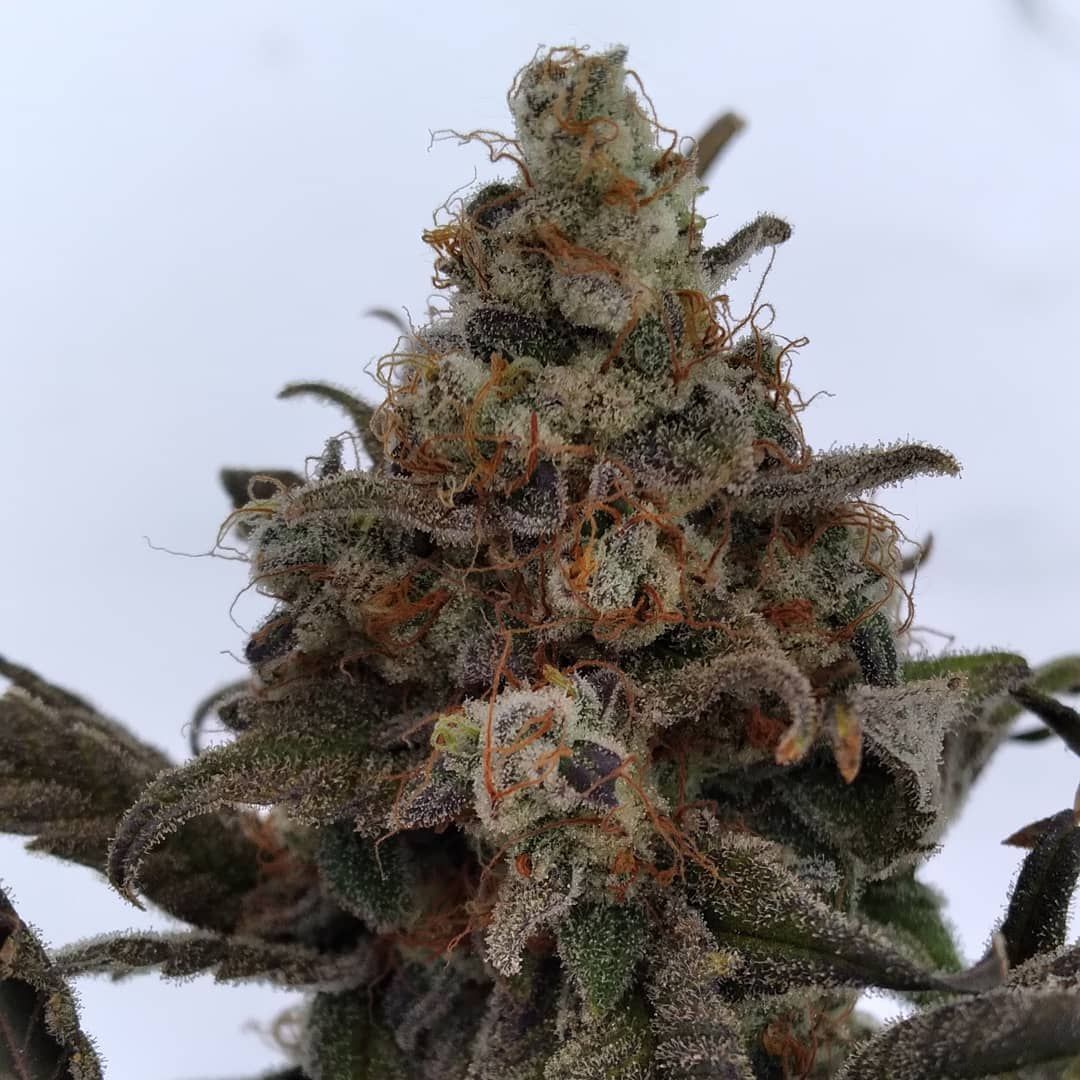
https://oneminuteenglish.org › lets-blow-this-popsicle-stand-origin
Have you ever wondered where let s blow this popsicle stand originated Unofficial records attribute the phrase to a Jamaican named Antoine Cleo The term started in the 1940s as a reference to radioactive and biological warfare
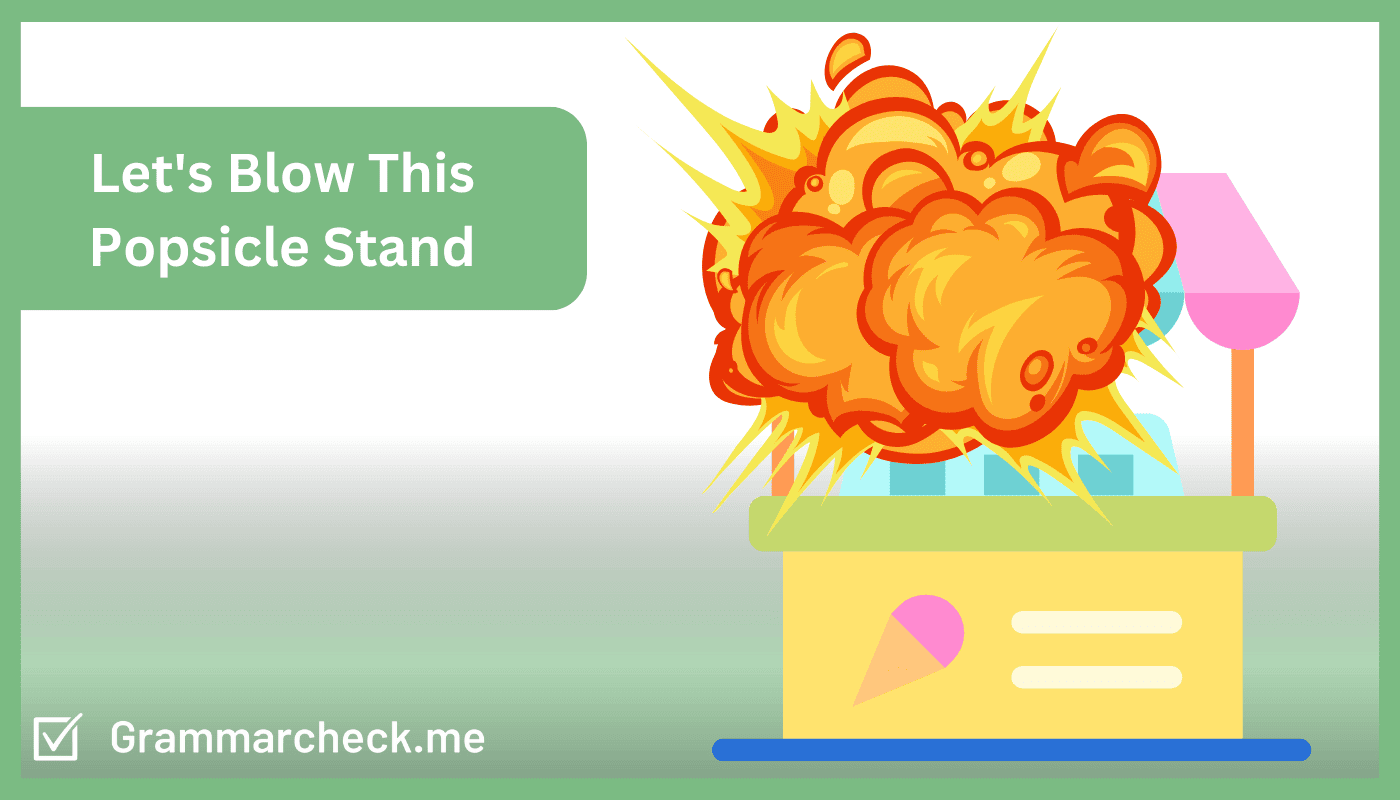
https://grammarhow.com › lets-blow-this-popsicle-stand-meaning-origin
What Is The Origin Of Let s Blow This Popsicle Stand Antoine Cleo a Jamaican is credited with coining the phrase in the 1940s Antoine was a little nutty He thought that putting nuclear materials in the space of a popsicle might be used as a biological warfare agent against nations
The phrase blow this popsicle stand is a common idiom in the English language that expresses a desire to leave a situation or place The origins of this phrase are not entirely clear but it is believed to have originated in North America during the mid 20th century The idiom quot blow this pop stand quot means to leave or exit a place particularly when one is dissatisfied or bored with the current situation
May 9 2024 0183 32 Let s blow this popsicle stand began to grow in popular culture in the mid 20th century but is not as commonly used today as in the past I thought that this quest to find the expression s origin would be a piece of cake rather than what Mercutio referred to as a wild goose chase in Shakespeare s Romeo and Juliet